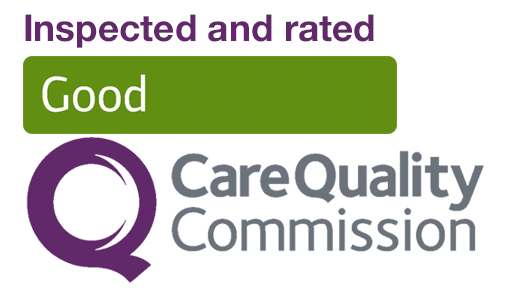Eventually, you will feel your baby movement in your pregnancy. For example, your baby may kick, hiccup, move, turn, or contort. These developments are normal and anticipated. As your infant develops, these developments will get more grounded.
Fluttering, butterflies, or bubbles
At some point, when you are around 18 to 22 weeks into your pregnancy you will start to feel your baby’s movements. From the outset, these little developments want to shudder or “butterflies.”
Hiccups
By week 24, you may begin to see some yanking developments inside your tummy. You may even see them outwardly. Rehashed jerky developments typically imply that your child has hiccups.
Hiccups are completely normal. They can last anywhere from a moment to 60 minutes. You may feel your child has hiccups through the remainder of your pregnancy.
Kicks, twists, and turns
After 18 to 20 weeks, you will feel your infant move. Also, you may see that your infant moves more on specific occasions of the day. For instance, when you are dynamic, you may feel less development than when you are resting discreetly. In all honesty, infants discover the action and clamor of daytime hours to be relieving. So they frequently rest during the day and are conscious around evening time.
As your pregnancy proceeds, you may feel a few changes in your child’s development. At 22 to 26 weeks, you may feel your infant begin to kick. Furthermore, you may see that your child does less turning and curving and really wriggling or jolting. At around 28 weeks, you may feel your infant drop from head-down to feet-down, or even sideways.
Beginning at around 30 to 32 weeks, you should feel your child move a few times each day. Your infant currently turns less and kicks and pokes more. The person rests 20 to 45 minutes all at once and afterward, is more dynamic on specific occasions of day.
At 40 weeks, your child has become bigger. The individual doesn’t have a lot of space to move around. You will likely notice less “enormous” development than previously.
In the ninth month of pregnancy, your baby moves to a head-down position and rests lower in your belly. Your baby gains about a half pound a week. Your baby’s lungs are ready to work on their own by the end of the ninth month. The baby is 19 to 21 inches long and weighs six to nine pounds.
Your Body at 9 Months:
- Your belly button may stick out.
- Your breathing should be more comfortable once the baby moves down.
- You may need to go to the bathroom more often because the baby is pressing on your bladder.
- You may be uncomfortable because of the pressure and weight of the baby.
- Your feet and ankles may swell. Put your feet up. Try to stay in a cool place. easier
When to call your Midwife, Doctor or Maternity ward
Remember that you are the one who is most familiar with your baby’s movements in pregnancy. Call your midwife, Doctor or maternity ward right away or seek immediate medical care if you see that your baby has stopped moving or is moving much less than normal. For more information, you can contact bump2baby scan.


